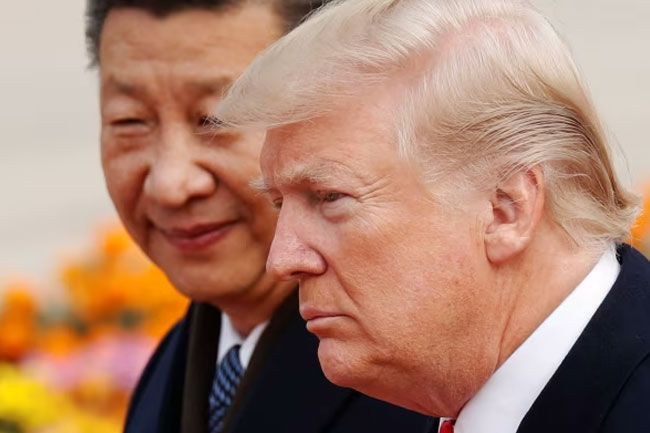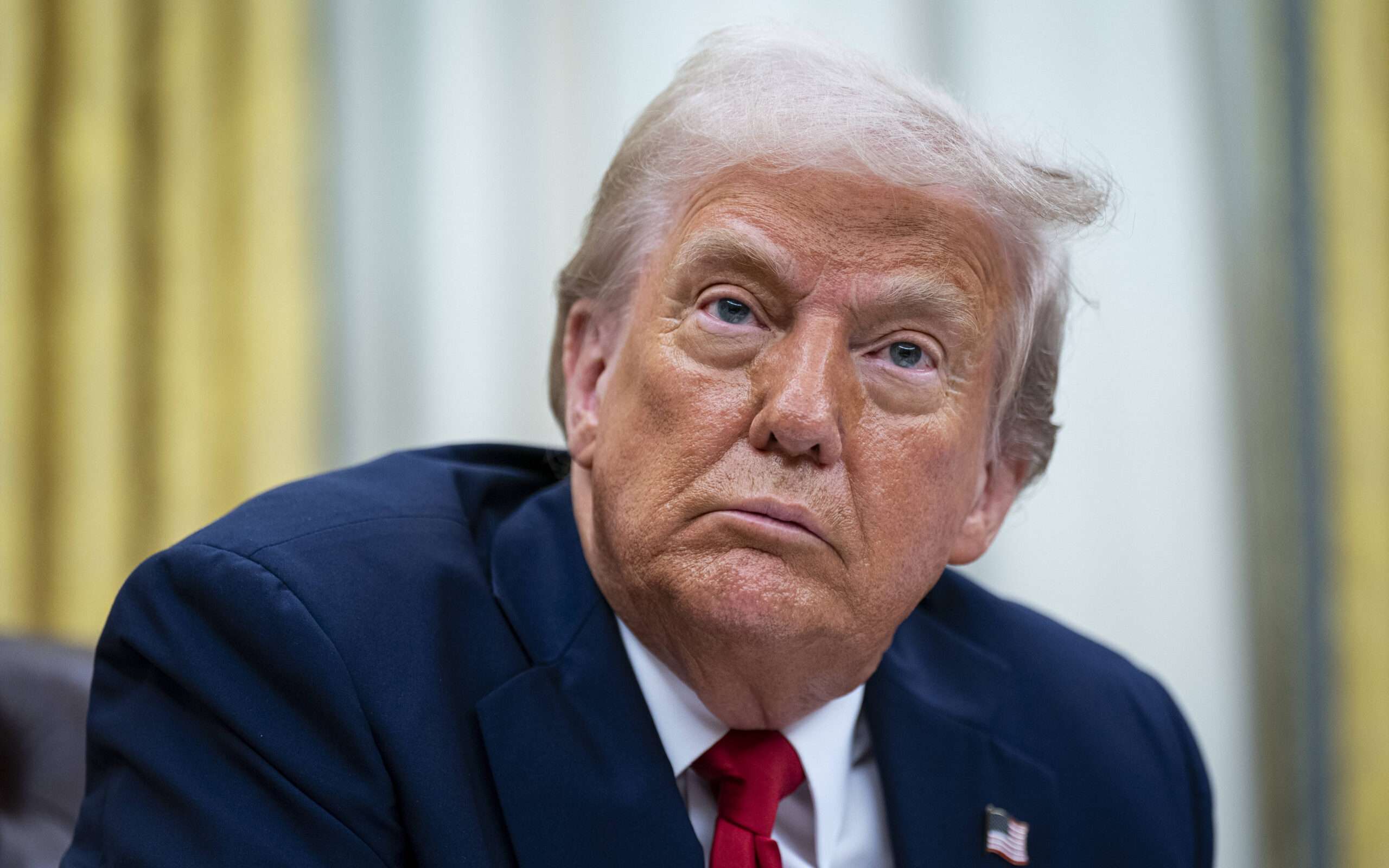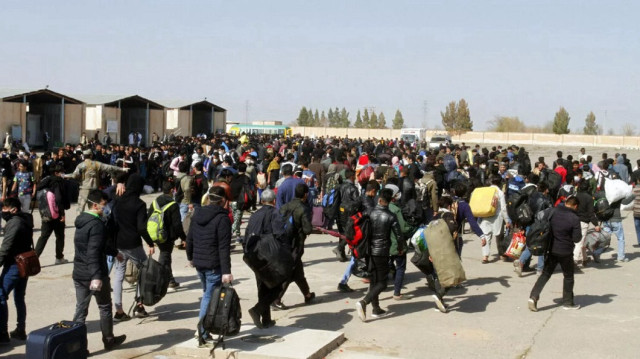Journalists Facing Imprisonment: Global Reactions
A Moscow court's decision to imprison four journalists for alleged ties to an 'extremist' organization has sparked widespread condemnation and calls for action. The case raises critical questions about press freedom.
Published April 17, 2025 - 00:04am

Image recovered from arabnews.com
The international community is voicing strong opposition following a Moscow court's sentencing of four Russian journalists to five and a half years in prison. Charged with collaborating with an 'extremist' organization associated with the late opposition leader Alexei Navalny, the journalists' plight has highlighted growing concerns over Russia's media landscape and political repression.
France has called for the immediate release of Antonina Kravtsova, Konstantin Gabov, Sergei Karelin, and Artem Kriger, denouncing the sentences as part of a broader effort by Russian authorities to suppress dissent. French foreign ministry spokesman Christophe Lemoine emphasized the importance of journalistic freedom and criticized Russia for targeting reporters and organizations linked to Navalny, who remains a contentious figure posthumously.
The case has also drawn sharp rebukes from various European diplomats and international human rights organizations. Many see the proceedings, held behind closed doors, as emblematic of Russia's increasingly punitive stance against critical voices, especially in light of its actions since the 2022 Ukraine invasion. The ongoing crackdown has forced numerous independent and foreign media outlets to shutter or relocate.
Alexei Navalny, who died under suspicious circumstances in a remote Arctic prison in February 2024, was a vocal opponent of President Vladimir Putin. His Anti-Corruption Foundation and related movements had been classified as 'extremist' by Russian authorities. Navalny's death, followed by a series of legal actions against his supporters, has ignited debates over the reliability of the Russian judiciary and the state's commitment to protecting human rights.
The convicted journalists, who reported for outlets including SOTAvision, Reuters, and the Associated Press, have firmly denied the charges. Their involvement with Navalny's cause was cited as evidence against them despite arguments that their work was purely journalistic. Legal experts and civil society advocates argue that the charges are politically motivated, aimed at discouraging similar coverage of future opposition activities.
In response to the verdict, press freedom advocates have urged the international community to apply pressure on Russia through diplomatic channels. The Court Closed trials, and restricted media coverage have complicated the transparency and accountability of official narratives within Russia.
Observers warn that this pattern of behavior risks isolating Russia further on the world stage, as global institutions scrutinize its adherence to international norms. Critics charge that Russia's labeling of independent media as 'foreign agents' or 'extremists' stifles freedom of expression and undermines efforts to hold power to account.
The crackdown on media coincides with ongoing geopolitical tensions and conflicts, notably in Ukraine, where media accounts are vital in documenting and understanding the realities on the ground. As Russia asserts its political narratives domestically and abroad, the targeted repression of journalists raises alarms about the erosion of democratic principles and freedom in the region.
Going forward, analysts expect the case to test the resilience and adaptability of independent media outlets still operating in Russia. The international community remains watchful, aware that how this situation unfolds could set precedents for press freedom in other restrictive environments.
Ultimately, the outcome of the journalists' appeal efforts, coupled with international diplomatic interventions, will be closely monitored. Their fate stands as a significant marker of the broader struggle for human rights and accountable governance in Russia, with the potential to impact the global media landscape for years to come.






